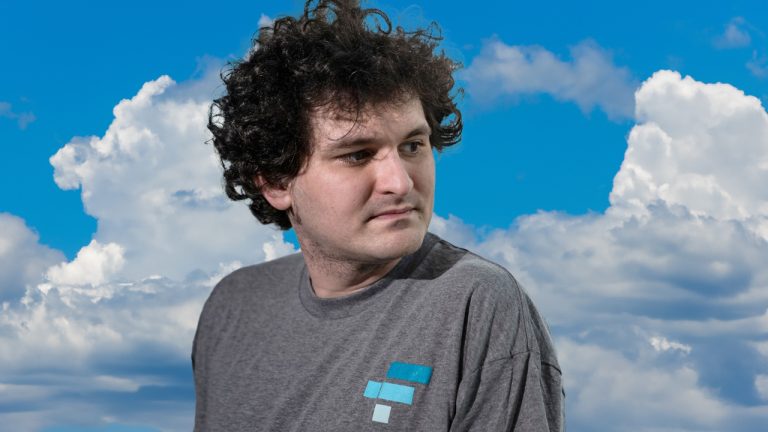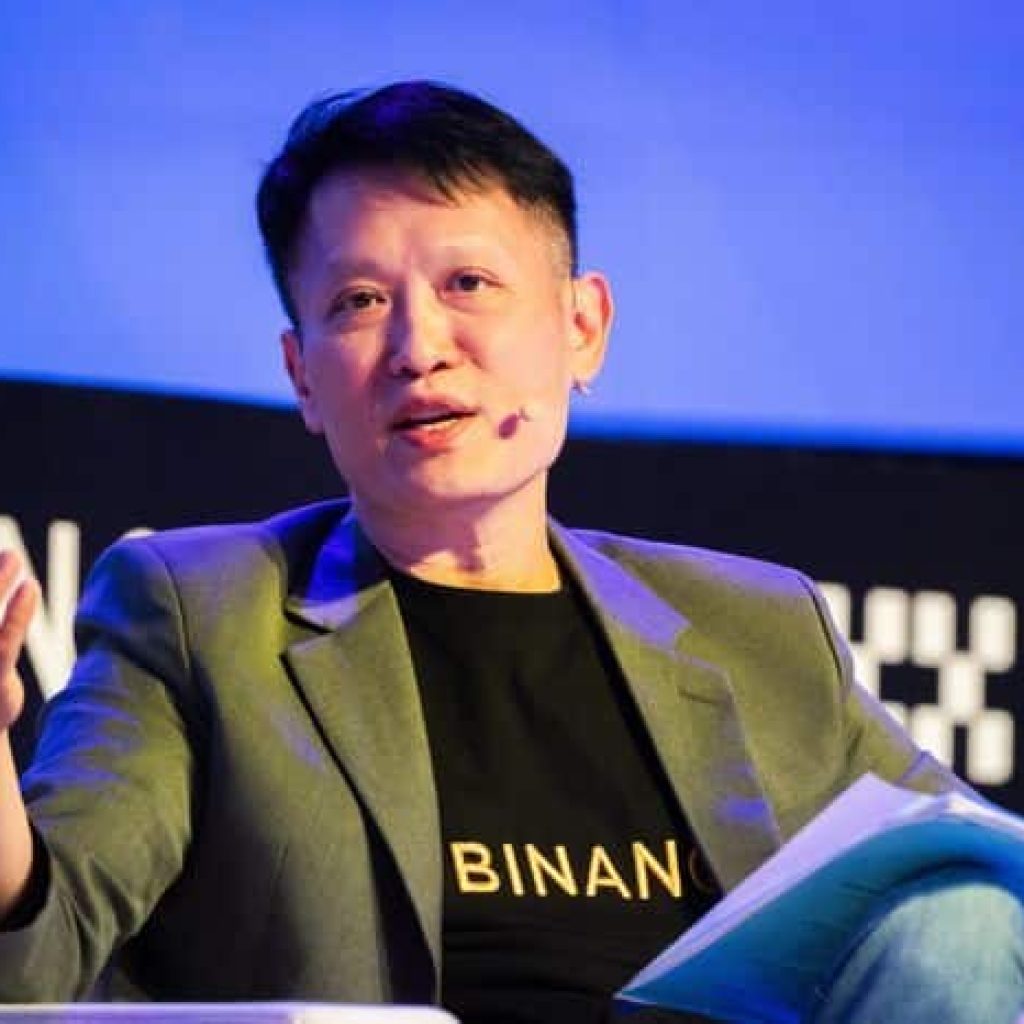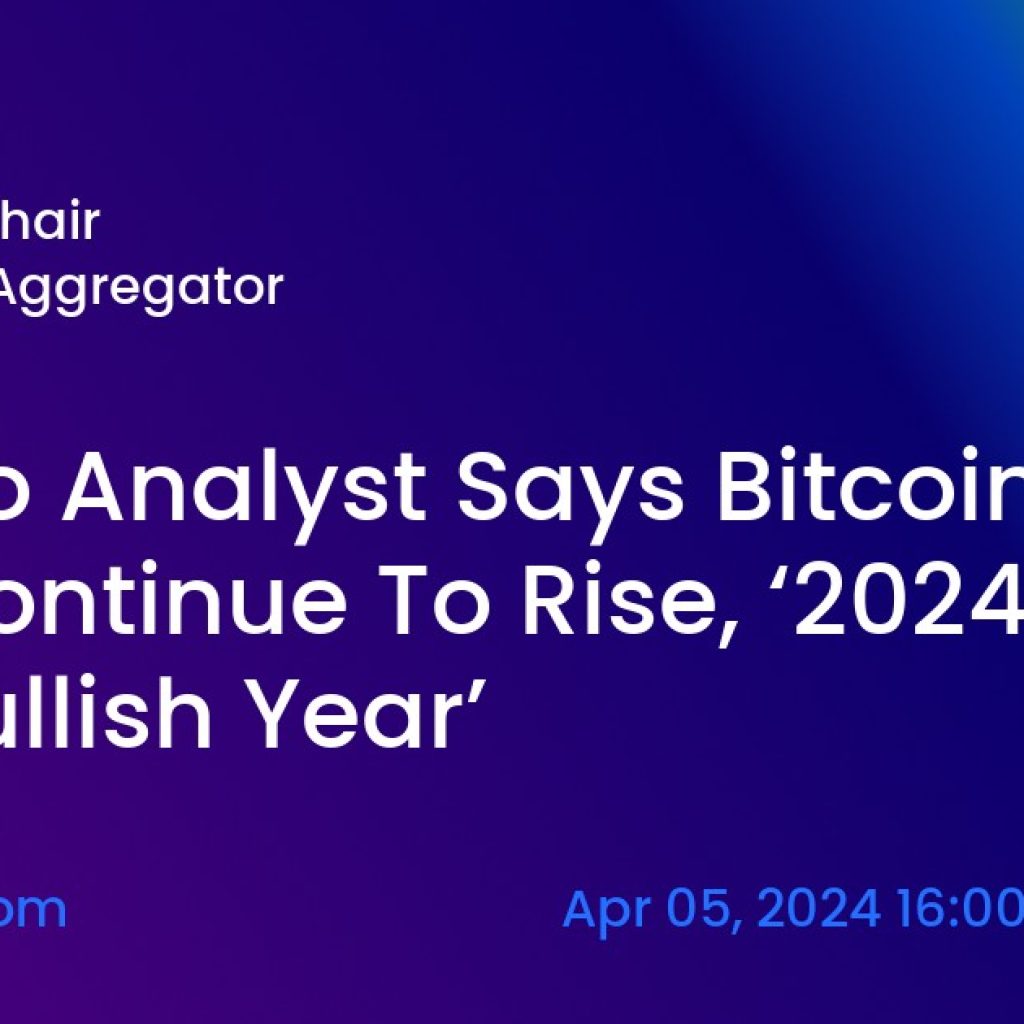
Ex-FTX chief Sam Bankman-Fried returned to the witness stand Monday, fielding a barrage of inquiries from the federal prosecutor. The interrogation spanned the better part of the day, with Bankman-Fried often struggling to recollect particular remarks he had uttered and specific instructions he allegedly issued to his quantitative trading firm, Alameda Research.
FTX Founder Grapples With Prosecution’s Questions
During Tuesday’s cross-examination, Sam Bankman-Fried conceded that his hedge fund, Alameda Research, was privileged to withdraw billions from FTX without facing the threat of liquidation. Matthew Russell Lee of Inner City Press disseminated Bankman-Fried’s testimony via the social media channel X.
“Do you deny Alameda had some accounts with the Allow Negative flag?” prosecutor Danielle Sassoon asked Bankman-Fried. “No,” he responded. Sassoon also got the FTX founder to admit that Alameda “could withdraw billions without the risk of being liquidated.” Bankman-Fried concurred, “That might be right.”
The prosecution argued that Bankman-Fried gave preferential treatment to Alameda, allowing the hedge fund to take customer deposits from FTX to pay its debts. This treatment violated Bankman-Fried’s public assertions that Alameda adhered to the same withdrawal limits as other FTX customers.
“Didn’t you claim in 2022 that Alameda was an entirely separate entity?” Sassoon asked. Bankman-Fried acknowledged, “More or less.” The prosecution introduced evidence that Bankman-Fried conversed with Alameda leadership about trading strategies. Sassoon asked Bankman-Fried if he directed Caroline Ellison to buy specific crypto assets.
While he couldn’t remember, Sassoon showed him a chat room discussion of him ordering Ellison to conduct a trade. The prosecutors also said that Bankman-Fried directed her to trade Japanese government bonds.
Sassoon also confronted Bankman-Fried about touting FTX as a “neutral piece of market infrastructure” and safer than competitors while concealing Alameda’s enormous line of credit. “I don’t remember saying that. I might have,” Bankman-Fried responded when asked about those statements.
Bankman-Fried did push back at times during rigorous questioning. “I did not at that time think that the odds of that were significant,” he said about Alameda repaying debts and directing Ellison to pay lenders. Sassoon asked, “Taking money from FTX to pay back lenders, that’s not margin trading, is it?” Bankman-Fried replied:
I’m not sure I agree.
The prosecutor extracted several other pieces of evidence, including Bankman-Fried acknowledging he restored access to FTX’s database after his ouster as CEO and tried to claim his Robinhood shares during the crisis. The prosecution contended that much of the evidence shows Bankman-Fried prioritized himself over duped customers.
Bankman-Fried displayed significant memory lapses throughout his testimony, frequently unable to recollect prior statements and past decisions. The prosecution revisited his media appearances, elaborate private jet journeys, and the $20 million acquisition of Storybook Brawl. They further probed into his investment in a Bahamian apartment for The Block’s CEO, a transaction Bankman-Fried struggled to remember, emphasizing, “I don’t remember.”
What do you think about Bankman-Fried’s testimony on Monday? Share your thoughts and opinions about this subject in the comments section below.





